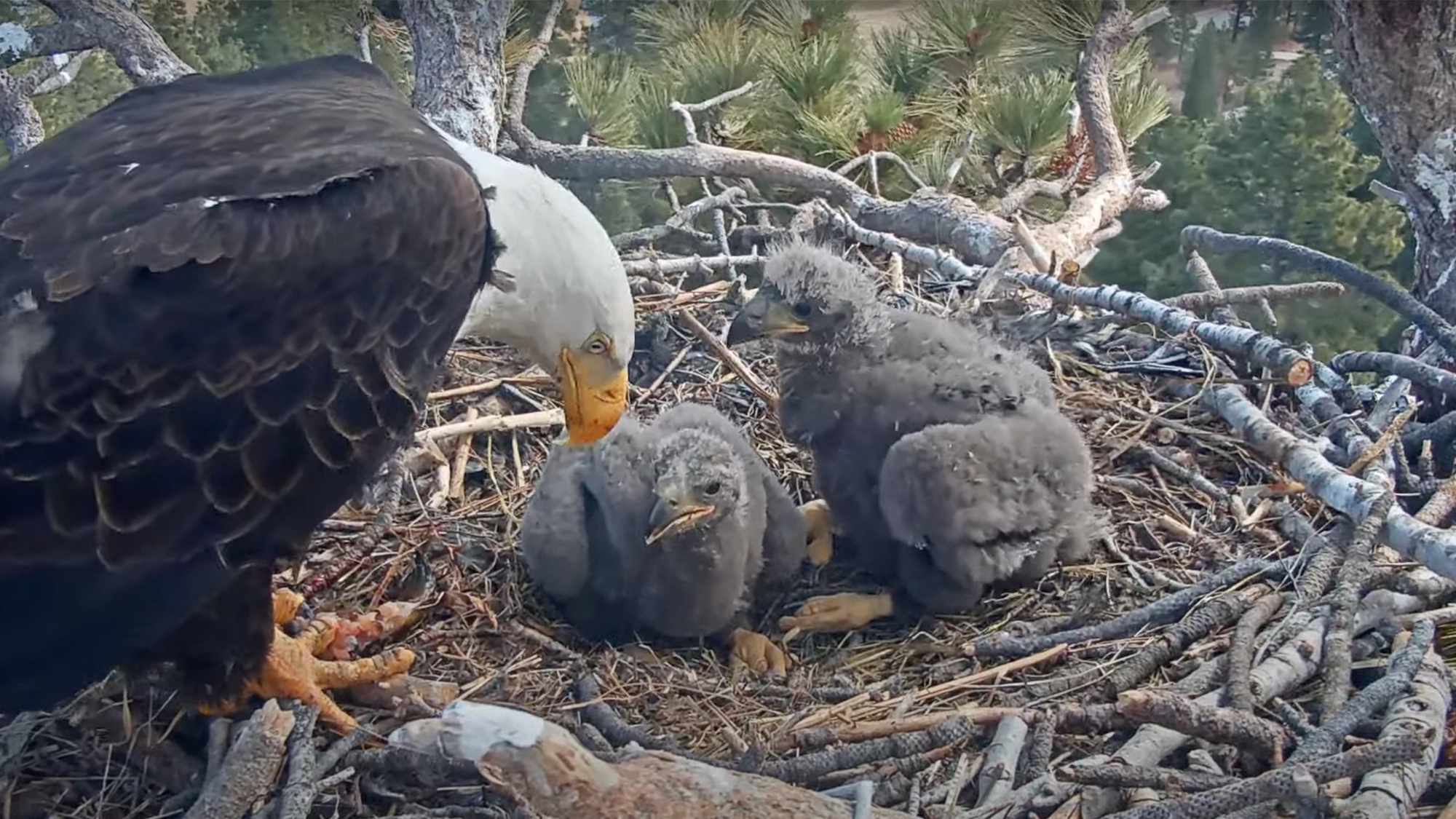
Under President Trump, the federal government has emphatically turned away from fighting climate change and other environmental problems, rolling back regulations and transforming federal agencies. But across the country, in red and blue states, local efforts tell a more nuanced and hopeful story. From state legislatures to county boards and community groups, from tribal lands to city parks and postage-stamp backyards, everyday people are doing quiet, vital work to confront climate change and biodiversity loss.
For the past few months, we’ve been seeking out these often-unsung efforts, which, while smaller in scale, have already benefited local residents, the climate and the natural world. Throughout this year, we will be highlighting one success story in each state, and we want to hear from you about what’s happening in your neck of the woods. ( “While climate change and biodiversity loss are global challenges, local solutions have a tangible impact,” said Katharine Hayhoe, a climate scientist and policy expert at Texas Tech University and The Nature Conservancy.

“Both directly, in terms of reducing emissions and protecting ecosystems, and indirectly, by inspiring broader action and building support for regional and national policies.” In the noisy partisanship over climate politics, the potency of state and local efforts is often lost. While the federal government holds powerful purse strings, experts say other levels of government and society have a lot of sway, too, in safeguarding nature and adopting cleaner forms of energy.
“Energy is actually, in many ways, much more of a state issue,” said Zeke Hausfather, a climate scientist at Berkeley Earth and the payments company Stripe. “A lot of what gets built and when it gets built is up to state governments and local public utility commissions and that sort of thing.” We are having trouble retrieving the article content.
Please enable JavaScript in your browser settings. Thank you for your patience while we verify access. If you are in Reader mode please exit and your Times account, or for all of The Times.
Thank you for your patience while we verify access. Already a subscriber? . Want all of The Times? .
.















